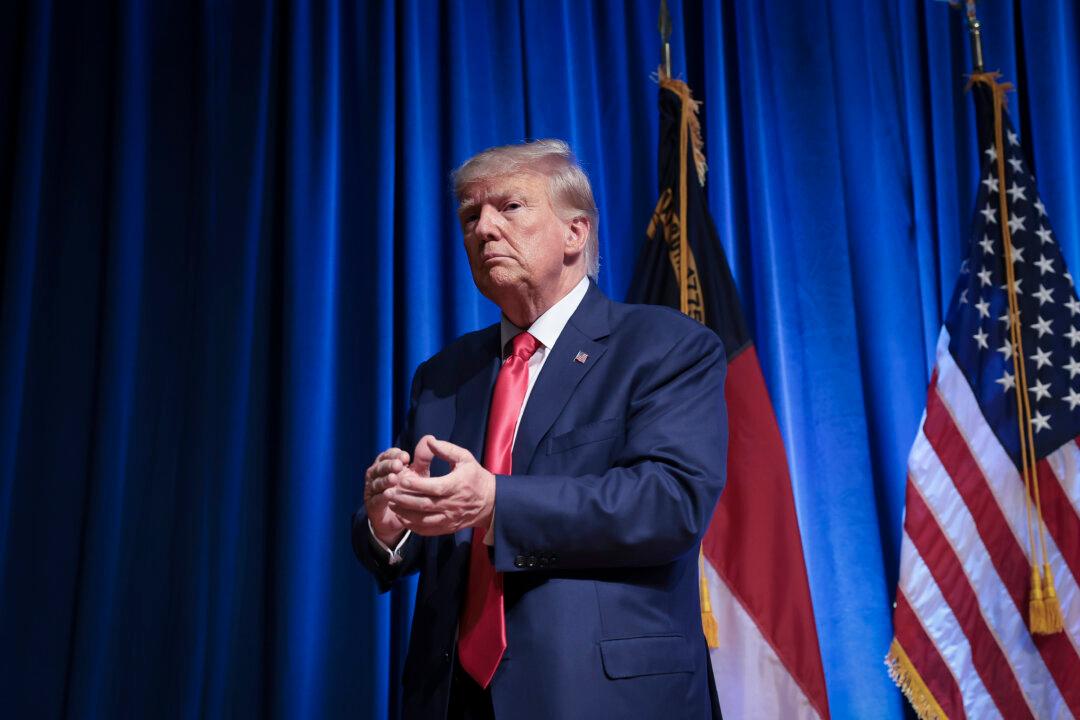When former President Donald Trump revealed on social media he was a target of the Department of Justice’s probe into the Jan. 6, 2021 events and asked to come before a grand jury, he wrote it “almost always means an Arrest and Indictment.”
Many expect the same; a Harvard University CAPS/Harris poll conducted July 19–20 (pdf) found that 57 percent of voters thought federal prosecutors had a strong criminal case against the former president, even while no official charges have been confirmed.





